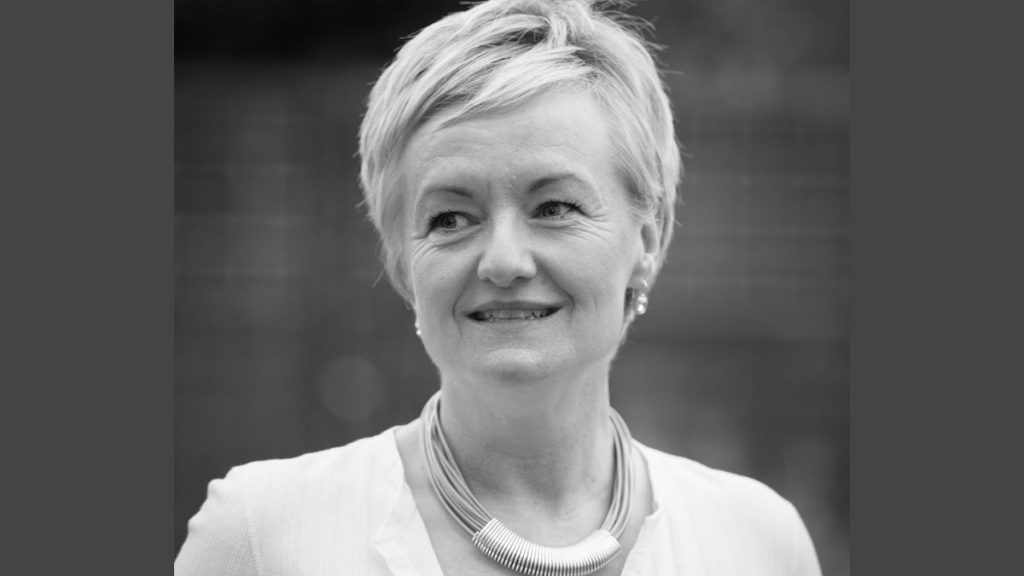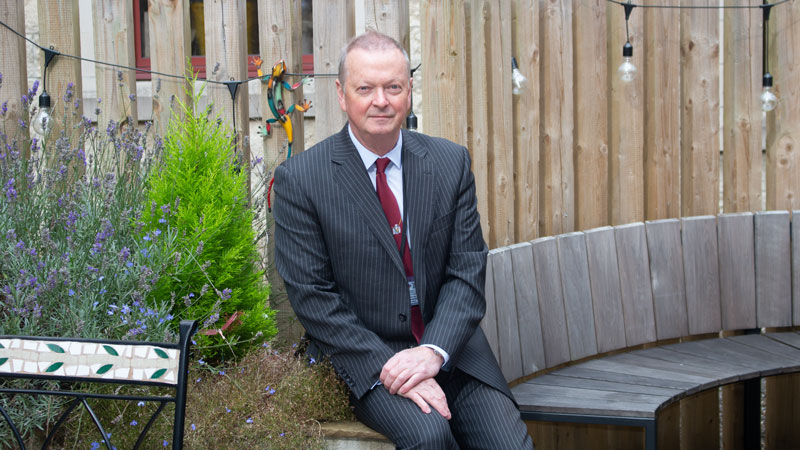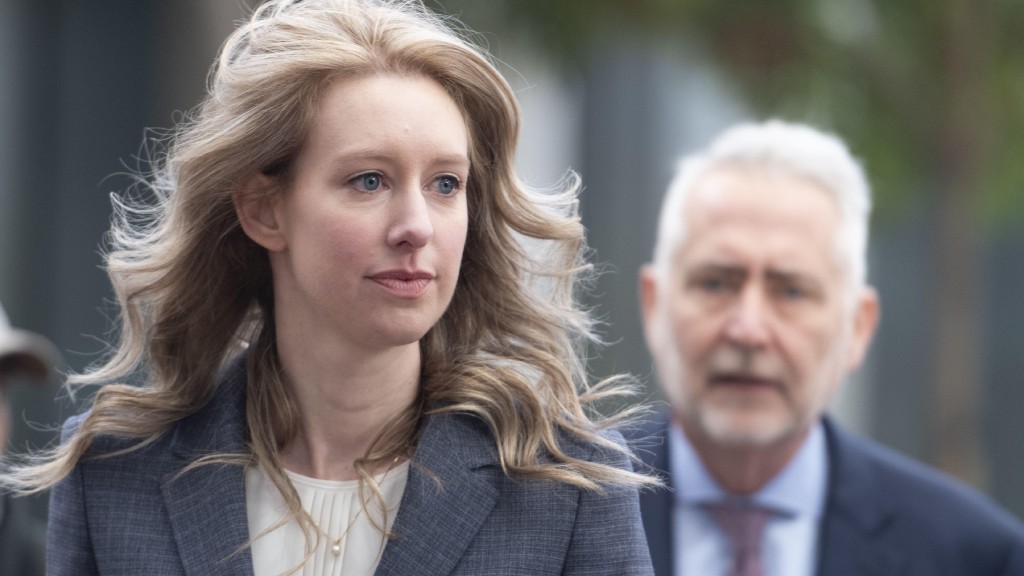Tell us about your case. What problems did you speak out about and what happened as a result?
During my time at Sellafield I was informed that there were serious problems in the workforce. There were allegations of bullying, sexual harassment and homophobia and racism. I raised concerns about the fact that I believed that the organisation was failing to address these serious issues. In September 2018, I had just completed my first contract when Sellafield issued me a new contract for a further 18 months. I was then asked to write a report about the HR function because there were problems there, and suggest solutions, which I did. Shortly after submitting this report, my second contract was terminated, with the leadership citing “financial problems” as the reason. This just did not make sense to me. I had received nothing but positive feedback during my time there and my contract had only just been renewed. I also subsequently found out that at the same time Sellafield was tendering for HR contracts worth over £17 million.
How did you respond to the contract termination?
I took the Nuclear Decommissioning Authority, Sellafield and the HR Director of Sellafield to an employment tribunal. I lost the case at my first hearing. Both public sector companies came after me for £20,000 in costs. I have since been granted an appeal and I am just waiting on the date which is likely to be in December 2022.
How was the employment tribunal process?
Absolutely horrific. I now know that only 3% of whistleblowers succeed at the employment tribunal process, so the odds were hugely stacked against me from the start. There is no court record – it is actually against the law to record proceedings without consent, which is often not provided. When you have a problem with the judgement, you have no way to prove or disprove what has been said. There is a huge inequality of arms; companies have access to barristers and legal support while whistleblowers have to rely on private means to finance their case, and of course these are limited or non-existent for many litigants when they have lost their job and their income. Most whistleblowers end up being a litigant in person which means they represent themselves in court but the legal knowledge you are expected to have is absolutely ridiculous. The situation is an absolute farce. I feel so angry that, even though we have employment rights in this country, it is impossible to enforce them unless you have huge power and resources.
The problems you identified at Sellafield would have been serious in any organisation, but what was it about Sellafield that made it so critical?
Sellafield is one of the most dangerous and hazardous nuclear sites in Europe. And while it hasn’t produced nuclear energy for twenty years, it is still a vast warehouse of radioactive nuclear material and failure to run the site properly could have catastrophic results.
Do you think that female whistleblowers face more hurdles than men when it comes to being heard and believed?
I do. At my hearing I was accused of seeking a windfall, of being self-serving and of acting out of revenge – accusations which are much more commonly associated with women than with men. I think these accusations are completely unacceptable as they have nothing to do with the legal tests that have to be determined in a whistleblowing case.
What impact has speaking out had on your personal and professional life?
It has completely ruined my career. I have not worked since. The case has also greatly affected my mental health and brought me to the edge on several occasions. I am just so lucky that I have such a supportive family that understands why I need to keep speaking out about this injustice. But I don’t want to just be seen as a victim. I am incredibly proud of what I have done, and that I spoke out on behalf of people who don’t have a voice.
Sellafield offered you a large settlement in return for you dropping your case and signing a Non-Disclosure Agreement (NDA). You decided to turn this down even though you had no income. Why did you take this decision?
I wanted to air my concerns in court. I wanted the wrongdoing brought to light and I was not prepared to sign an NDA and effectively be gagged. I do not regret this decision because I could not have lived with myself otherwise. My silence is not for sale. I have spent my life advising organisations to not cover up problems and address them head on, and to sign an NDA would have gone against everything I have devoted my professional career to.
Why do you believe whistleblowers are so important for a transparent corporate culture?
I like the word the Norwegians have for whistleblower – someone who warns. Whistleblowers provide insider information which allows organisations to address problems before they escalate. They are also a counterbalance to PR rhetoric and Groupthink. In my view, the very fact that an organisation receives whistleblowing reports is a sign of a healthy corporate culture. If I were an organisation that received no whistleblowing reports, I would worry.
What advice would you give to companies looking to establish a whistleblowing system?
An open and transparent culture which values whistleblower information is vital. I would advise organisations to inform the workforce – as much as is legally allowed – of when a whistleblower brings something to light, and what action was taken as a result. Organisations should also have a whistleblowing champion or expert on their Board in a Non-Executive role. This sends a signal to the workforce that their concerns will be taken seriously.
Speaking up is hard. If you need support reporting wrongdoing, please read our blog article about how to speak up effectively while protecting yourself in the process.
Picture Copyright – ILTO Photography Paul Cresswell









